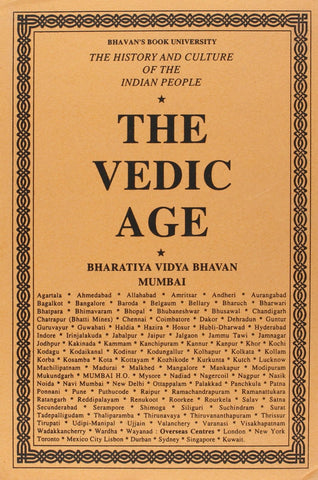Your cart is empty now.
The East and The West" typically refers to a conceptual and cultural divide between regions traditionally associated with Eastern and Western parts of the world. This divide is often understood in terms of geography, philosophy, religion, social norms, and historical development. Here's a breakdown of some aspects:
Geographical and Cultural Contexts:
-
Geographical Definitions:
- The East traditionally refers to regions in Asia, including East Asia (China, Japan, Korea), South Asia (India, Pakistan, Bangladesh), Southeast Asia (Vietnam, Thailand, Indonesia), and parts of the Middle East (like the Arabian Peninsula).
- The West usually refers to Europe, the Americas, and parts of Oceania, particularly the United States, Canada, and European nations.
-
Cultural Divides:
- The East has historically been associated with ancient civilizations like those of Mesopotamia, India, China, and Japan. Eastern cultures often emphasize collectivism, spiritual practices (such as Buddhism, Confucianism, Hinduism), and a deep connection to nature and tradition.
- The West is often linked to the development of Western philosophy, democracy, Christianity, capitalism, and individualism. The Western world has been influenced by ancient Greece and Rome and has shaped much of modern political, scientific, and technological development.
Philosophical and Ideological Differences:
- Eastern Philosophy: The philosophies of the East, including Confucianism, Taoism, Buddhism, and Hinduism, often focus on balance, harmony, spirituality, and the interconnectedness of all beings. The East tends to emphasize inner peace, mindfulness, and understanding the nature of existence.
- Western Philosophy: The West has been heavily influenced by Greek philosophers like Socrates, Plato, and Aristotle, emphasizing rationality, logic, and the pursuit of knowledge. In the West, there has historically been a focus on individualism, personal freedom, and the development of reason as a guiding principle.
Religion and Beliefs:
- Eastern Religions: Many Eastern religions are polytheistic or non-theistic (Buddhism, Taoism) and often emphasize the cycle of life, karma, and spiritual liberation. Hinduism, for example, is based on concepts like dharma (duty), karma (action), and moksha (liberation).
- Western Religions: Western religions are typically monotheistic, with Christianity, Judaism, and Islam being the most prominent. These religions emphasize a personal relationship with God, salvation, and moral responsibility.
Historical Development:
- The East: Eastern civilizations have a long history of continuous culture, marked by the development of ancient empires like the Maurya, Gupta, Tang, and Qing dynasties. Many Eastern societies have maintained traditional values, although modernization has also taken place.
- The West: The West, particularly Europe and later the Americas, saw the rise of empires like the Roman Empire, the Renaissance, and the Enlightenment. Western societies have historically been characterized by rapid industrialization, scientific advancements, and the spread of liberal democratic ideas.
The East-West Interaction:
The divide between the East and the West has not been absolute, and there have been centuries of interaction, trade, and cultural exchange. For instance:
- The Silk Road was a key trade route connecting China, India, the Middle East, and Europe.
- In more recent history, globalization has led to greater interaction between the two regions, with ideas, technology, and cultures blending across borders.
Delivery and Shipping Policy
- INTERNATIONAL SHIPPING
- Rs.1000-1100/kg
- ESTD. Delivery Time: 2-3 weeks (depending on location)
- Bubble Wrapped with Extra Padding
- NATIONAL SHIPPING
- NCR: Rs. 30/half kg
- Standard: Rs. 80/half kg
- Express shipments also available on Request
- ESTD. Delivery Time: Ranging from 1-4 days up to 7 business days (Depending on your choice of Delivery)
- TRACKING
- All orders; national or international, will be provided with a Tracking ID to check the status of their respective orders
- Depending on the Shipping Service, Tracking ID may be used on their respective tracking portals
Frequently Asked Questions (FAQs)
Domestic Shipping: 3-4 Days (after shipping)
International Shipping: 1-2 weeks (based on your location)
You will receive an email once your order has been shipped or you can email us if you didn't receive tracking details (info@mlbd.co.in)
Every book that we sell is the latest edition except all the rare books
Yes, we do provide free shipping, only on domestic orders (within India) above Rs.1500






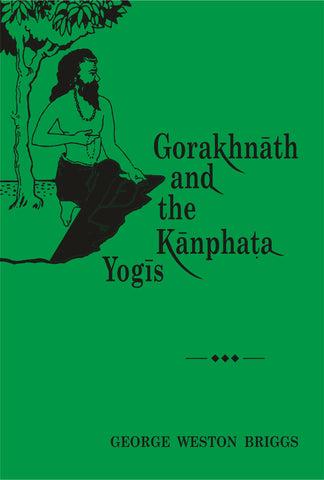
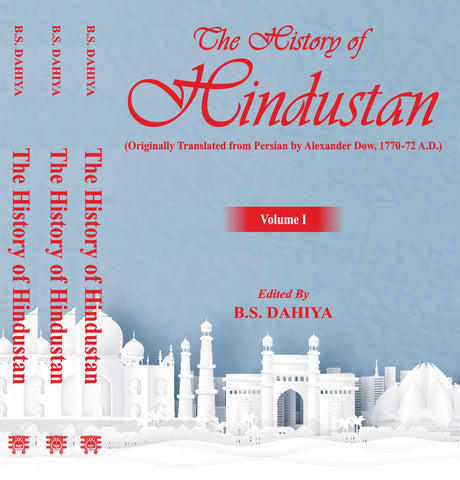

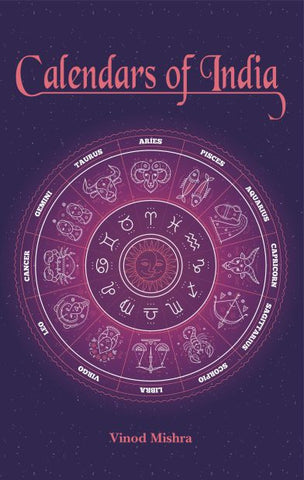
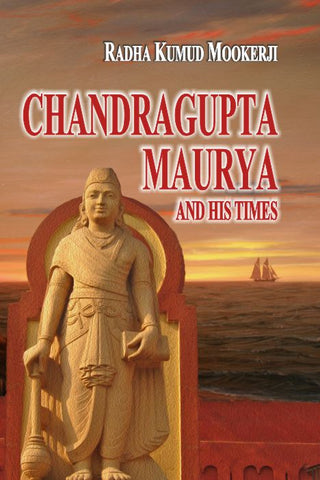

![A HISTORY OF INDIAN PHILOSOPHY [5 VOLUMES] by Surendranath Dasgupta](http://www.motilalbanarsidass.com/cdn/shop/products/HISTORYOFINDIANPHILOSOPHY_large.jpg?v=1675238163)
